My two-mom kiddo is donor-conceived. The sperm bank we used has a 10-family limit and I know our donor has hit this limit, so there are biological donor siblings out there (likely many around my son’s age). The bank has an opt-in program where families can connect with those who used the same donor. What does the data say about making these connections for my kid? Yes; no; it’s complicated? Any age when it’s recommended to introduce donor siblings to each other?
—Caitlin
We are at an interesting point in the research on donor-conceived kids. We have access to a fair amount of data showing that disclosing donor information from a young age is generally supportive to our children’s mental health. But the research doesn’t have a lot of recommendations for connecting donor-conceived siblings with each other at a young age.
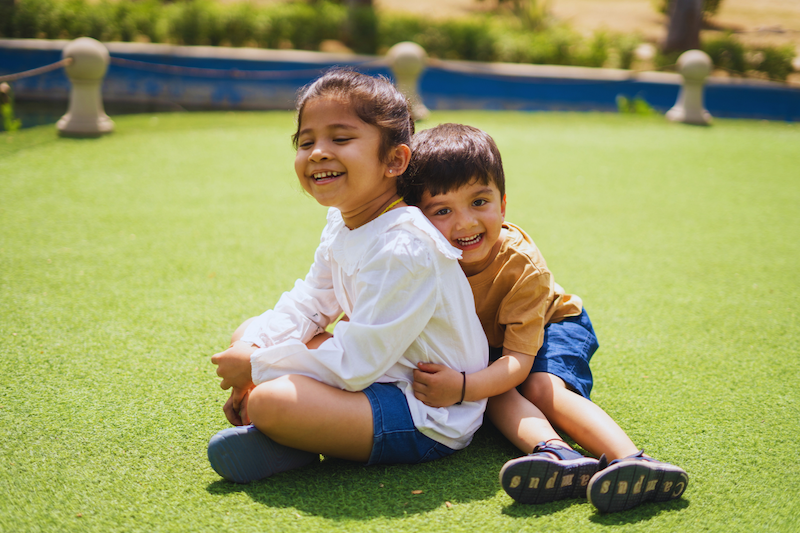
One study focused on the experiences of older donor-conceived people (ages 14-28) in relation to meeting their donor siblings. It reports that 70% of all people interviewed in this research stated that at least one of their donor sibling relationships was “significant and meaningful” in their life. This study also showed that children who are raised as only children report experiencing more closeness with their donor siblings compared with children who are raised with siblings in the home — so the benefits for only children might be more significant.
We don’t have access to research at this point that focuses on connecting younger children to their donor siblings, but many donor-conceived people are clear about the importance of openness and disclosure from an early age.
Overall, the research points to the benefits of supporting our children to have and nourish these relationships if they want to. It has the potential to expand their sense of kinship and belonging, which is an important aspect of our mental health. I think it makes sense to support these relationships in whatever ways you can, as early as you choose.
In my work with queer and solo parents raising donor-conceived children, I’m also seeing parents benefit from connections to other parents who chose the same donor for their children. Expanding our community can support not only our children but also us as parents.
Community Guidelines



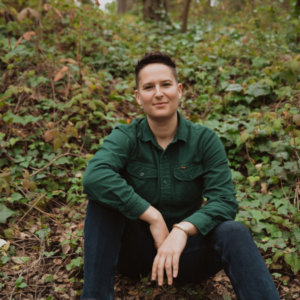









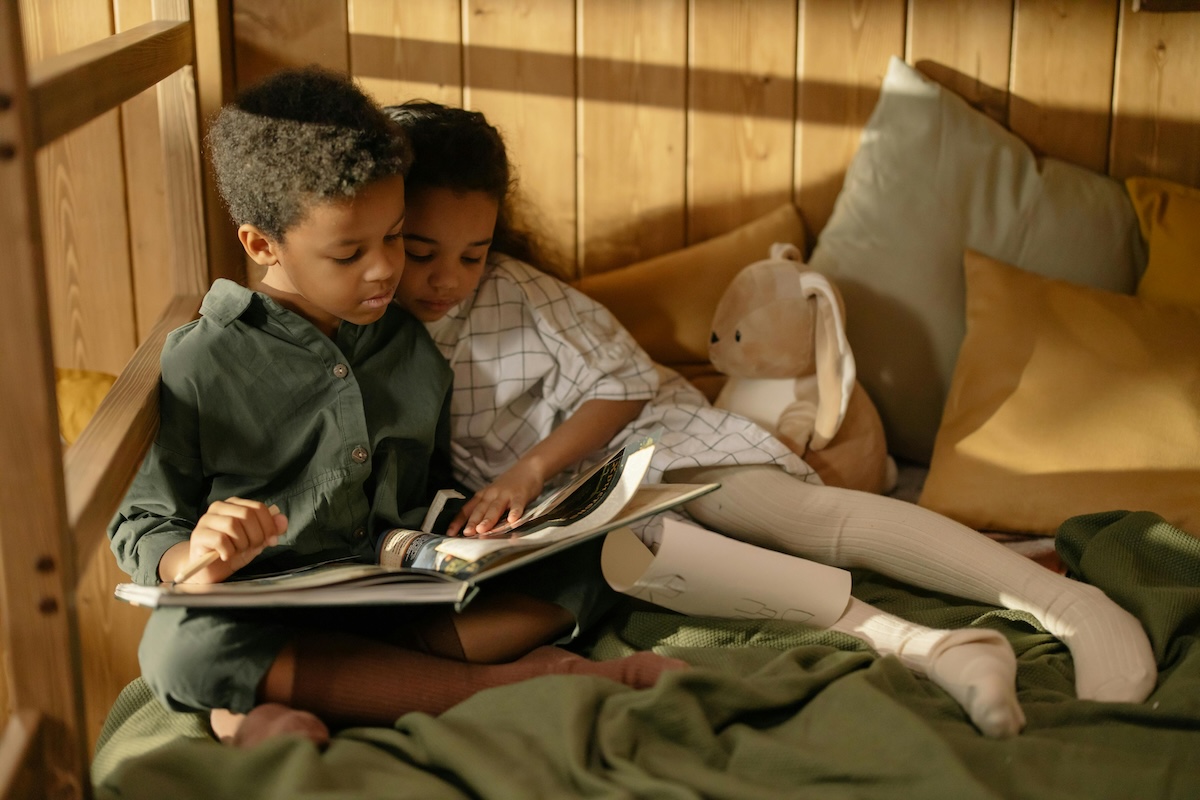
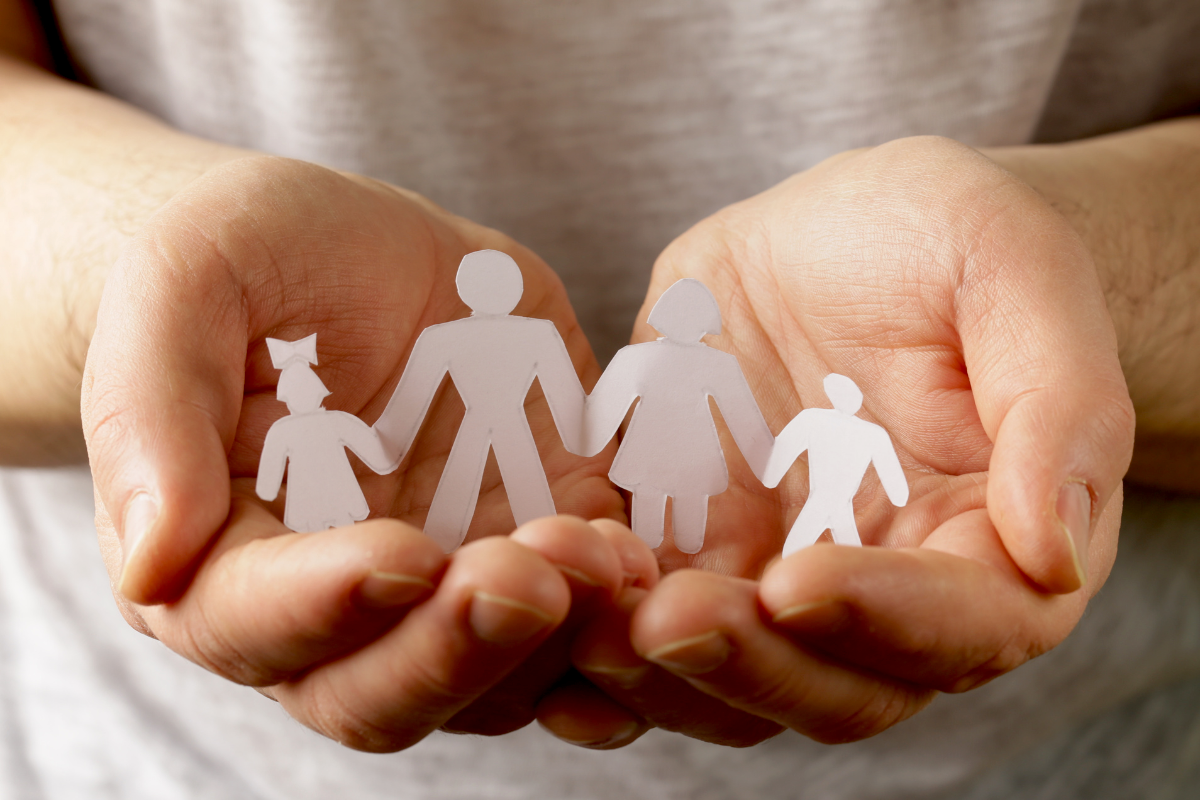
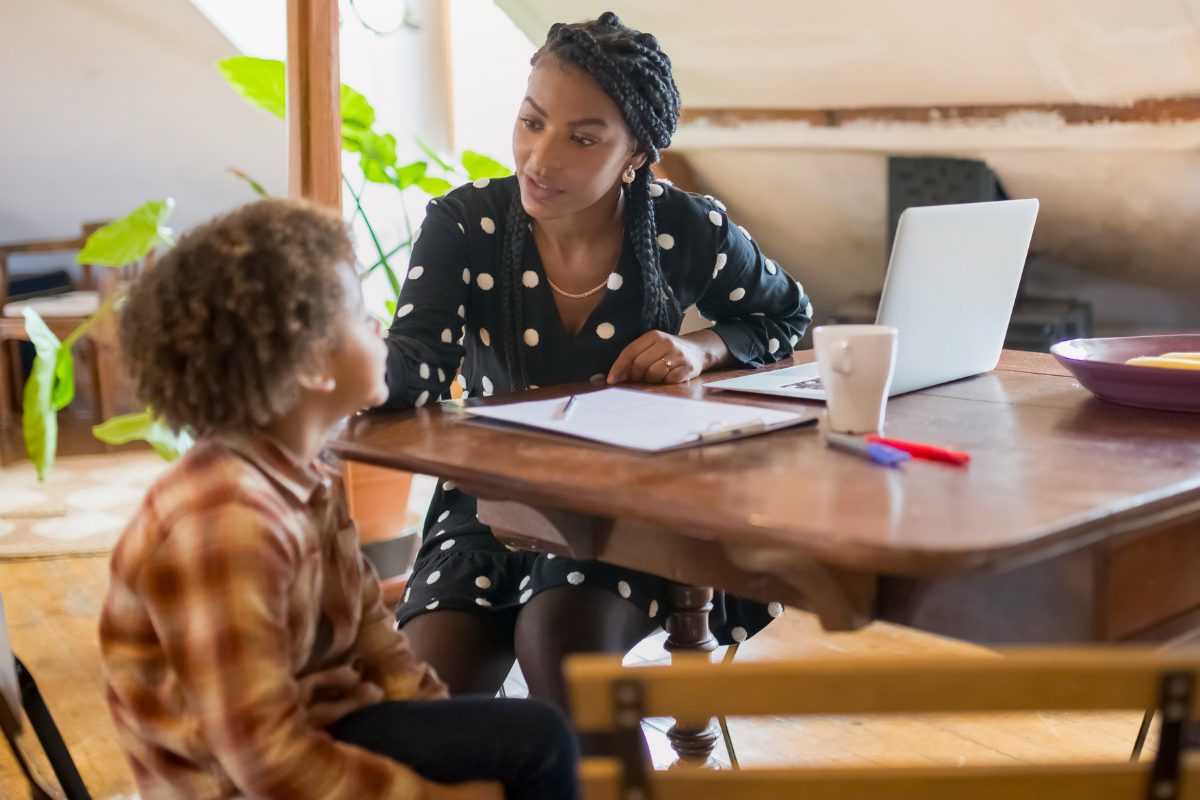

Log in
My daughter met three of her donor sibs when the kids were one and two years old. Now they’re eleven and twelve, and it’s been great! We usually share a summer vacation and have sometimes met at other times and in smaller groupings. A couple of years ago we added a younger pair who have the same donor and have the same moms as each other. I have enjoyed getting to know the other parents, and the kids have a wonderful time running around together. I don’t know how much they’ll stay in touch later, but they really get along well. Those of us who chose to connect early have only children and not many cousins, and I’m glad the kids have these sibling connections.